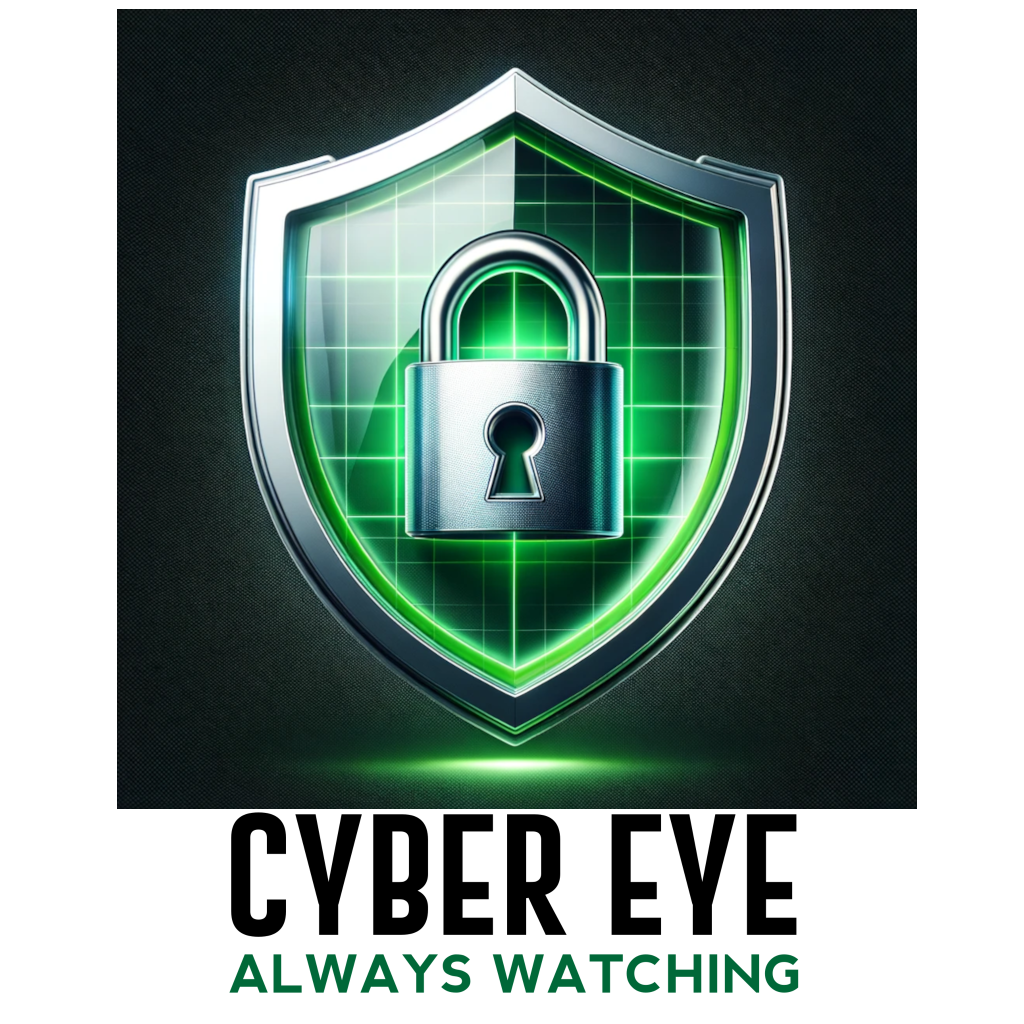Friction Makes Us Stronger

The Greatest: Many would argue Michael Jordan was the greatest basketball player who ever lived. But are you aware he didn’t win a championship for the first SIX YEARS he played professional ball? Michael Jordan was a great individual player. But he couldn’t have achieved all he did without the help of those around him.
Can’t Do It Alone: Obviously, Jordan couldn’t win championships by himself. He needed help. Enter Scotty Pippin. Pippin was a great compliment to Jordan’s aggressive style. But even then, the Bulls still couldn’t get past the Detroit Pistons. Slowly, the team added additional players and new head coach. And they beat the Pistons.
You need to surround yourself with helpers too.
Helpers or Rivals: Helpers don’t always appear as you would expect. Sometimes, they might even look like rivals. Rivals provide friction. And friction makes you stronger.
Len Bias: Lenny Bias was friction for a young Michael Jordan. When Jordan and Bias were in college, they were opponents. On February 19, 1984 their teams faced off for what would be their last game together. Bias playing for Maryland and Jordan for the Tarheels. Jordan was more experienced. But Bias was clearly getting better by the day.
We can only speculate that the presence of Bias playing against Jordan and the Tarheels was a significant motivator for Jordan. But given Jordan’s competitive nature it wouldn’t be a stretch.
Rivalry That Wasn’t: In a USA Today article about the rivalry that wasn’t I found this quote from Michael Wilbon,
“Those of us who had the pleasure of watching him believe Bias would have been to Jordan what [Larry] Bird was to Magic [Johnson] — a true natural, equally fierce rival, the singular decade long rival Jordan never had.”
Need Friction: In life sometimes the help we need to achieve greatness comes in the form of opposition, or friction. We achieve greatness, not from a “tensionless state” as Viktor Frankl said.
Cyber Slow Down: In terms of cybersecurity, slowing things down and creating a little controlled friction is necessary so we can review software changes before they are made. Moving too fast to update a server (for example) or installing a new application without running it in a test environment can lead to disaster.
Slow Down to Go Faster and Avoid Pain: Two CyberEye clients this week experienced something like this. One client requested a new program installed. After review we found it was installing other software in the background that might be malicious. We were able to avert potential disaster. Another customer installed an update to a critical server without testing it first (against our recommendation). That outcome wasn’t trouble free. A brief test beforehand would have saved hours of headache.
Yes, Test It: When your business depends on your computers, slow down and take time to test new software. Testing your software in a controlled environment first adds a little friction to your workflow. But it just might be the friction you need.


